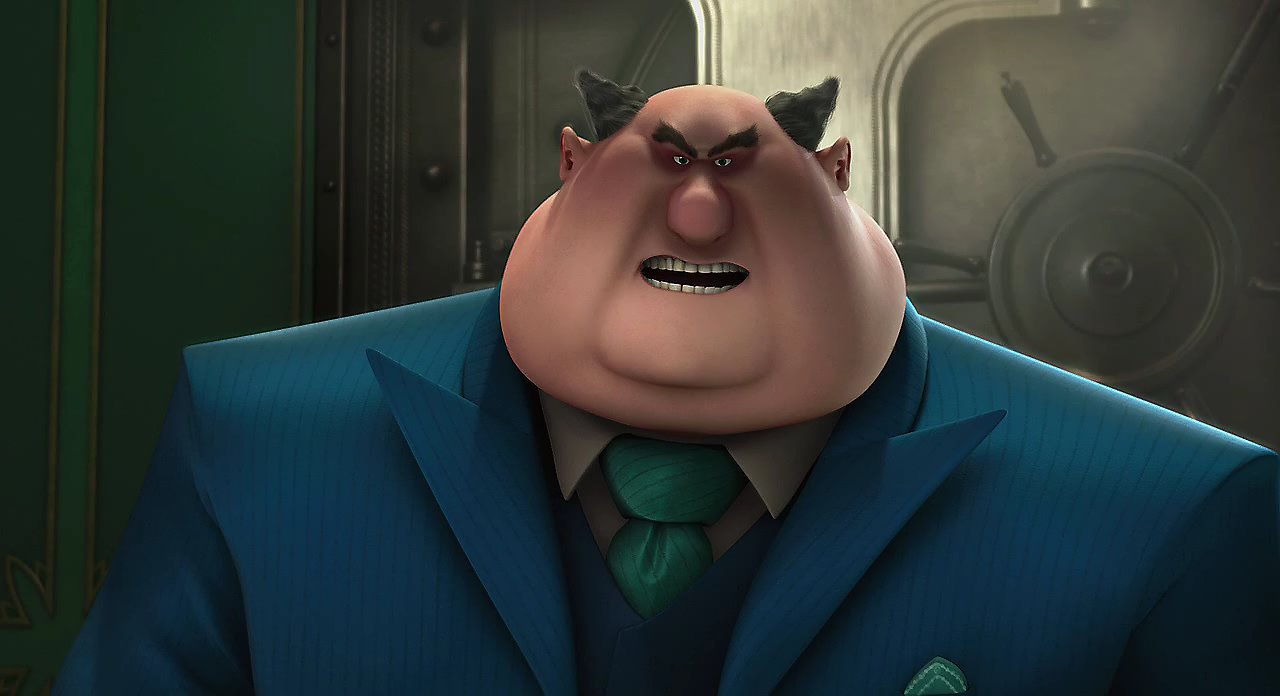The news came with a notice that Google is adding in an additional 200 “signals” to their search algorithm, but the new copyright friendly portion was what Google highlighted. According to information we have about the changes Google will automatically reduce the search ranking for sites with too many “valid” DMCA takedown notices. This is in addition to actually removing the URLs listed in the takedown notice. Google has shown that the number of takedown requests has been growing
daily since they started cooperating with copyright holders this had been backed up by their transparency report which they kicked off in May. The report shows something interesting though; many of the requests are blanket requests and often overlap in content. We found one incident where the same URL was requested in four different complaints (all dated for the same day). This would seem to indicate an attempt to inflate the numbers on the part of the copyright holders while also trying to get the content removed. Google states that in the last 30 days they have received 4.3 million requests. We wonder how many of those were for the same URL.
As we read the blog entry about the new feature we had to worry about the way that the copyright industry handles infringement and also competitors. We all know that the MPAA, RIAA and other companies are not exactly ethical when it comes to protesting their property. We have seen many companies make takedown requests for material that they did not own. Just look at some of the sites that were taken down by the US Government because either the MPAA or RIAA felt they were infringing copyright when in fact they were not at all. This is becoming a more common tactic for both of these cartels. If music or movies are being hosted by a site they get the attention of Hollywood and the wheels are set in motion to take them down regardless of the legality of the move. Again we can point to Megaupload, TVShack, myVidster, and more. In these cases the sites and the owners were charged with criminal copyright infringement by the MPAA and or RIAA without taking some existing laws and safeguard into account.
We are concerned that the new system from Google will increase the number of complaints from copyright holders and their representatives in the hopes of removing competition. This will do nothing to appease an industry that has shown they are willing to break the law to keep their hold on the industry and limit technological progress. Remember, these URL and site takedown requests are not about protecting the artist, intellectual property or about saving jobs. They are all about protecting a revenue stream that is in danger of being reduced from a flood of money to a trickle as technology shows easier and less expensive ways to get content to the masses. Google’s counter-notice system will be like a tissue (notice that we did not say Kleenex…) against a raging flood. The MPAA, RIAA and others have billions to pay for more lawyers to send out notices while many sites have limited resources and funds to protect themselves from this abuse. For those sites that do have the resources to protect themselves the industry has decided to throw in the words conspiracy and money laundering to allow for the seizure of assets, it makes things so much easier when the defendants have no money for a proper legal defense…
Discuss this in our Forum




